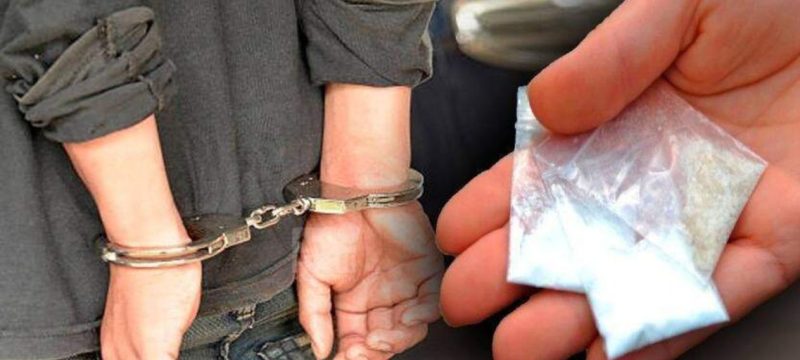A drug suspect surrendered in the Supreme Court (SC) after expressing fears of becoming a victim of a “staged” encounter. The case has once again highlighted gaps in the system and sparked fresh debate on the treatment of those accused in drug-related cases.
During the hearing, the suspect’s counsel argued that the lives of those accused of drug offenses are often endangered, as staged encounters have historically been used as a tool of intimidation. The defense further claimed that the suspect’s only option for safety was to place himself before the court.
This incident comes at a time when reports have pointed to the alarming influence of narcotics in society. For instance, a recent report on Mianwali and Jhang jails revealed how prisons themselves are turning into drug hubs, showing that the problem is more widespread than previously believed.
Drug suspect surrenders in SC: Key developments
- The suspect approached the Supreme Court, citing life-threatening risks.
- Counsel warned of the possibility of a staged police encounter.
- The court has sought detailed reports to ensure the suspect’s safety.
- Rising cases of drug trafficking are creating pressure on the justice system.
- Recent reports reveal that even jails are becoming unsafe, fueling the narcotics trade.
The keyword “drug suspect surrenders in SC” has quickly gained attention across media discussions. Analysts note that this case reflects not just an individual’s fear, but a broader lack of trust in the justice process.
Experts argue that the state must ensure fair trials and protection of rights, regardless of the allegations. They believe that accountability within law enforcement and transparent procedures are essential to restore public confidence.
At the same time, policymakers are being urged to tackle the root of the drug crisis. The revelations from prisons in Punjab show that reform is urgently needed, not only for the safety of suspects but also for society at large.
The surrender of a drug suspect in SC is more than just a legal story; it is a reminder that without systemic change, both lives and justice remain at risk.







